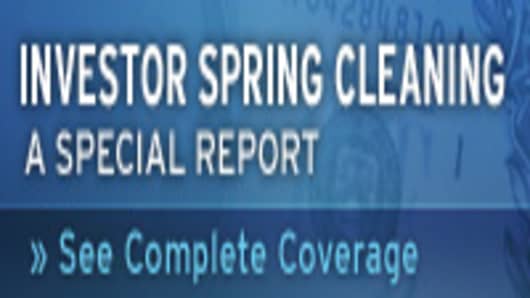The idea comes out at the very beginning of Andrews’ tale: “If there was anybody who should have avoided the mortgage catastrophe, it was I,” he tells us, because, “As an economics reporter for The New York Times, I have been the paper’s chief eyes and ears on the Federal Reserve for the past six years… I know a lot about the curveballs that the economy can throw at us.”
Dude, covering the economics beat has nothing to do with staying out of debt or whether or not your home goes into foreclosure. You don’t become more adept at dealing with your finances just because you know the things other people do wrong. And you know what? The fact that Andrews thinks of himself as someone who’s well informed about money is probably one of the reasons why he ended up unable to pay his mortgage and saddled with a mountain of credit card debt.
We rack up credit card debt and buy things we can’t afford because it’s convenient, and easy, and most importantly, because money doesn’t exist in a vacuum. We are always going to do things that seem irresponsible from an objective perspective because that’s just how people are put together. Sometimes we just don’t care about paying 40% interest on money borrowed from the credit company. Sometimes some of us don’t care enough to pay our bills on time. If I were an economist I’d say that some people derive more utility from not worrying or even thinking about being punctual with their payments than they lose from getting hit with a late fee and losing a few points on our credit scores.
Making the “right” basic financial decisions has got very little to do with what you know, and a whole lot more to do with what you care about.
Read the piece in the Times, you’ll see: Andrews isn’t an exception, he’s the rule.
More Great Personal Finance Stories On CNBC.com Including:
Questions? Comments? Send them to millennialmoney@cnbc.com


